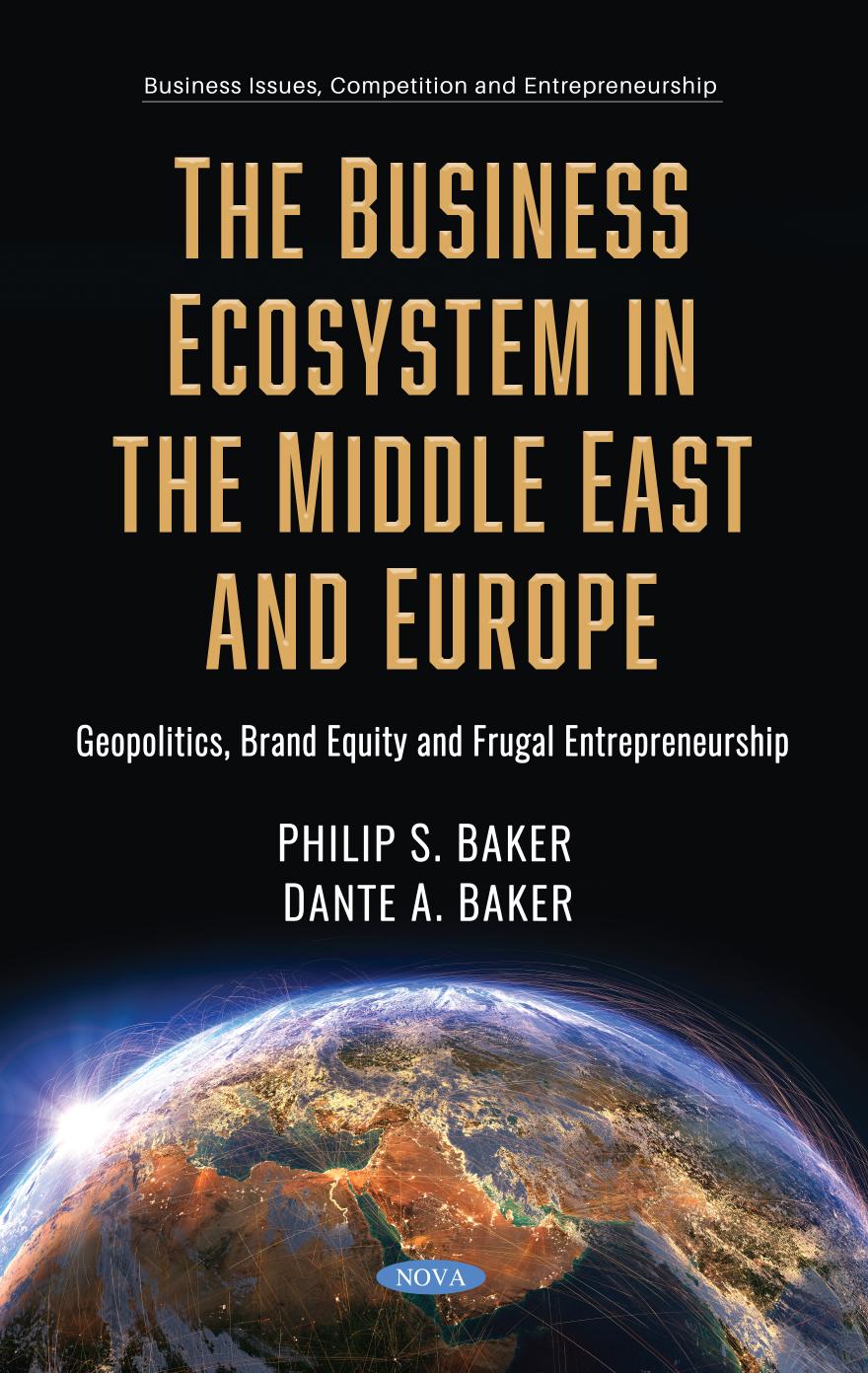
The Business Ecosystem in the Middle East and Europe : Geopolitics, Brand Equity and Frugal Entrepreneurship PDF
378 Pages·2020·12.8721 MB·other
Most books are stored in the elastic cloud where traffic is expensive. For this reason, we have a limit on daily download.
Preview The Business Ecosystem in the Middle East and Europe : Geopolitics, Brand Equity and Frugal Entrepreneurship
Description:
This manuscript was largely completed in the period preceding the World Health Organisation's (WHO) designation of as a global pandemic. The ensuing economic dislocation and loss of lives are having a chilling effect on consumer and investor confidence, heightening uncertainties involving trade and investment protectionism amid increasingly hostile rivalry between the West and China. As protectionism grows, prompting countries to turn inwards and implement measures to boost supply and value chain resilience and self-sufficiency, competition for international investment and private sector development is becoming more intense, putting pressure on governments to refresh and reform their regulatory regimes. With all of the above and the geopolitical antecedents of the Middle East and Europe as a backdrop, this manuscript draws on a subset of twenty six countries from the World Bank's Ease of Doing Business country-level dataset to analyse the business ecosystem in the Middle East and Europe. It unearths evidence of a regulatory quality attainment gap, proffering a number of recommendations for achieving its closure. Moreover, it adduces balance of payments data to challenge the conventional notion that success with improving the quality of the regulatory environment through implementation of reforms along the lines of the 10 Doing Business Reform (DBR) benchmarks consistently confers a substantial net direct investment dividend. Instead, it shows that some sample economies with fairly predictable and transparent regulatory regimes nonetheless exhibit a dependence on volatile net portfolio investment to shore up their external position.
See more
The list of books you might like
Most books are stored in the elastic cloud where traffic is expensive. For this reason, we have a limit on daily download.
